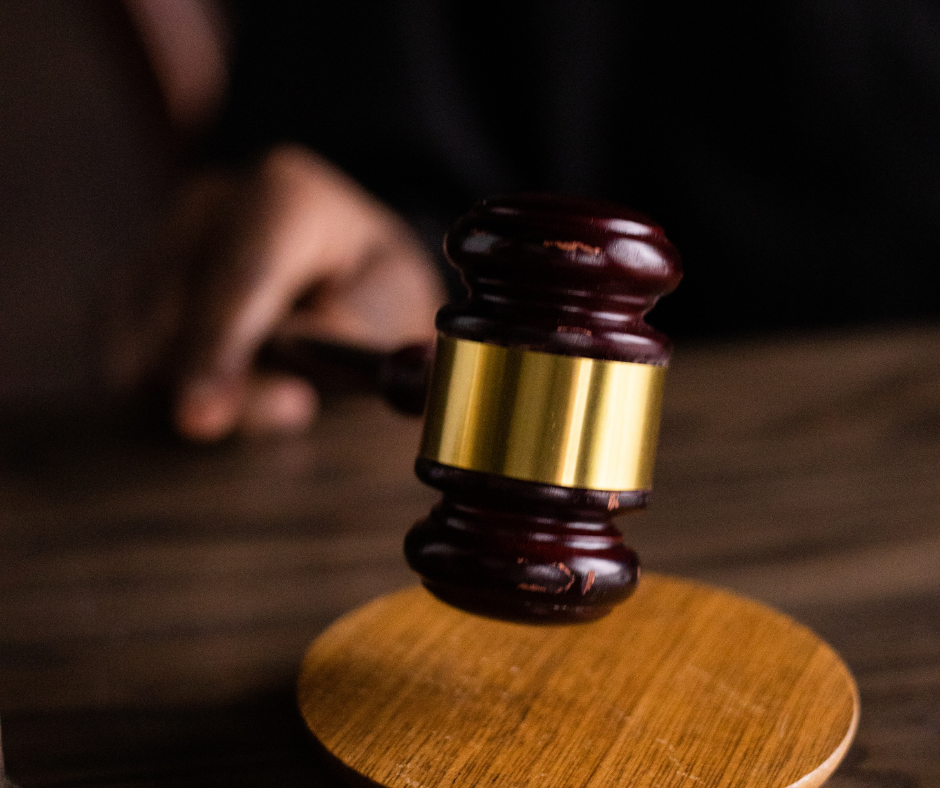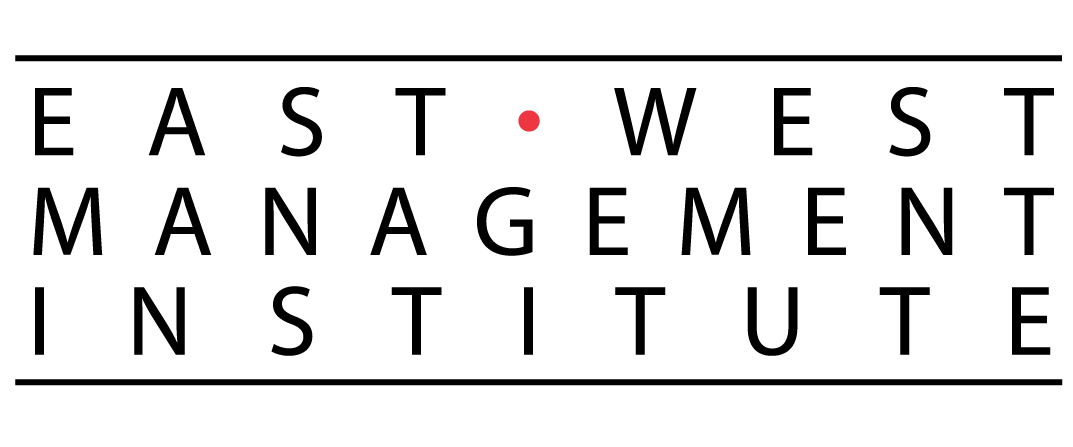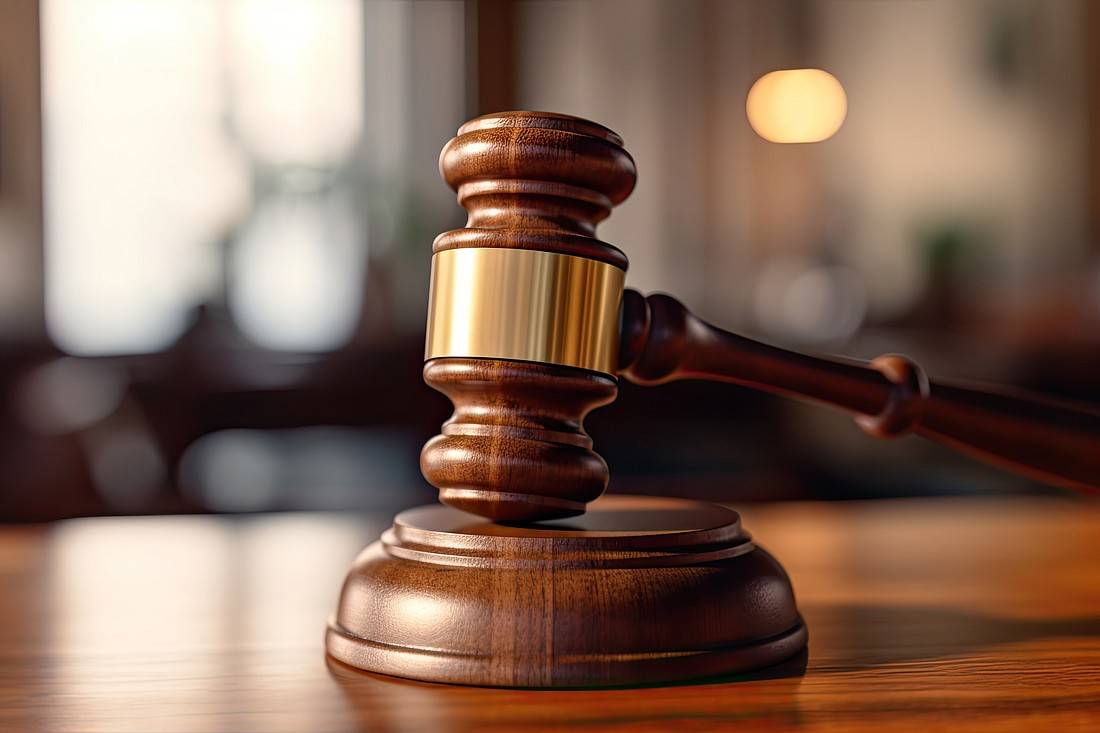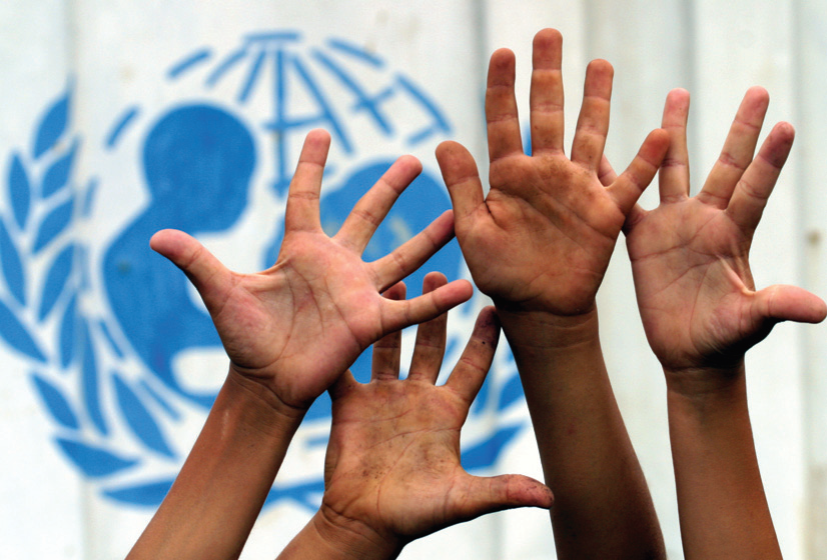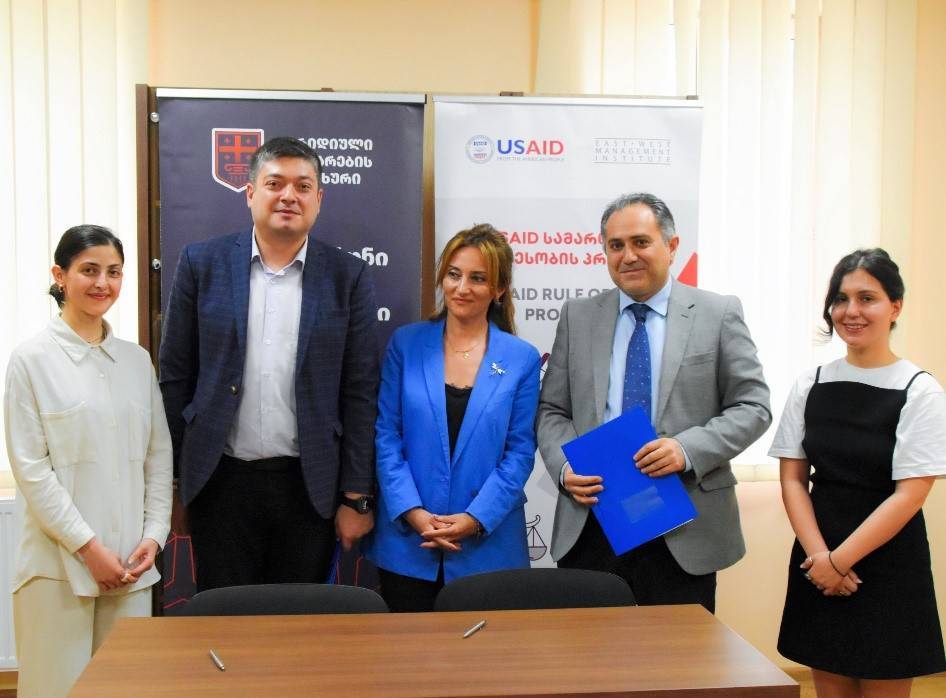Femicide Case at the Supreme Court of Georgia
On April 14, 2022, the Supreme Court of Georgia ordered the state to pay moral damages in a groundbreaking femicide case litigated by the Georgian Young Lawyers’ Association (GYLA) with USAID/PROLoG support. The courts of all three instances found that state authorities’ failure to protect the woman victim of domestic violence despite multiple pleas for help led to her suicide.
The victim suffered systematic physical and psychological abuse from her husband (later ex-husband) and had addressed the law enforcement agencies 16 times, but did not receive sufficient support. In February 2017, she was found dead and her ex-husband was charged with incitement to suicide (however, the Supreme Court reclassified the criminal case as domestic violence).
GYLA addressed the court on behalf of the victim’s mother, seeking moral damages from the Ministry of Internal Affairs (MIA) and the Prosecutor’s Office of Georgia. The first instance court-imposed damages only on MIA. GYLA appealed to the Court of Appeals, which held both the MIA and the Prosecutor’s Office responsible, as the prosecutor's office failed to properly assess the victim’s numerous complaints, the actions of the perpetrator, and did not bring the perpetrator to justice in a timely manner. The decision was appealed by MIA and the Prosecutor’s Office to the Supreme Court, which declared the appeals inadmissible, thus upholding the Court of Appeal’s decision.
The Supreme Court’s decision highlights that, as with other forms of femicide, in case of suicide incitement, state authorities should be held liable for damages when they knew or should have known the risk to the victim's life and health and did not protect her with the means at their disposal.
This was a landmark case for Georgia, since it was the first time the court examined the issue in the context of preventing incitement to suicide. GYLA previously successfully litigated damages cases on intentional killing as a form of femicide.
GYLA is continuing litigation of this case at the European Court of Human Rights (ECtHR), arguing violations of Article 2 (Right to Life), Article 3 (Prohibition of Inhuman Treatment) and Article 14 (Prohibition of Discrimination). Despite the progressive ruling by the domestic courts, according to the ECtHR case law, compensation for moral damages is not sufficient for serious human rights violations and perpetrators must be brought to justice.
